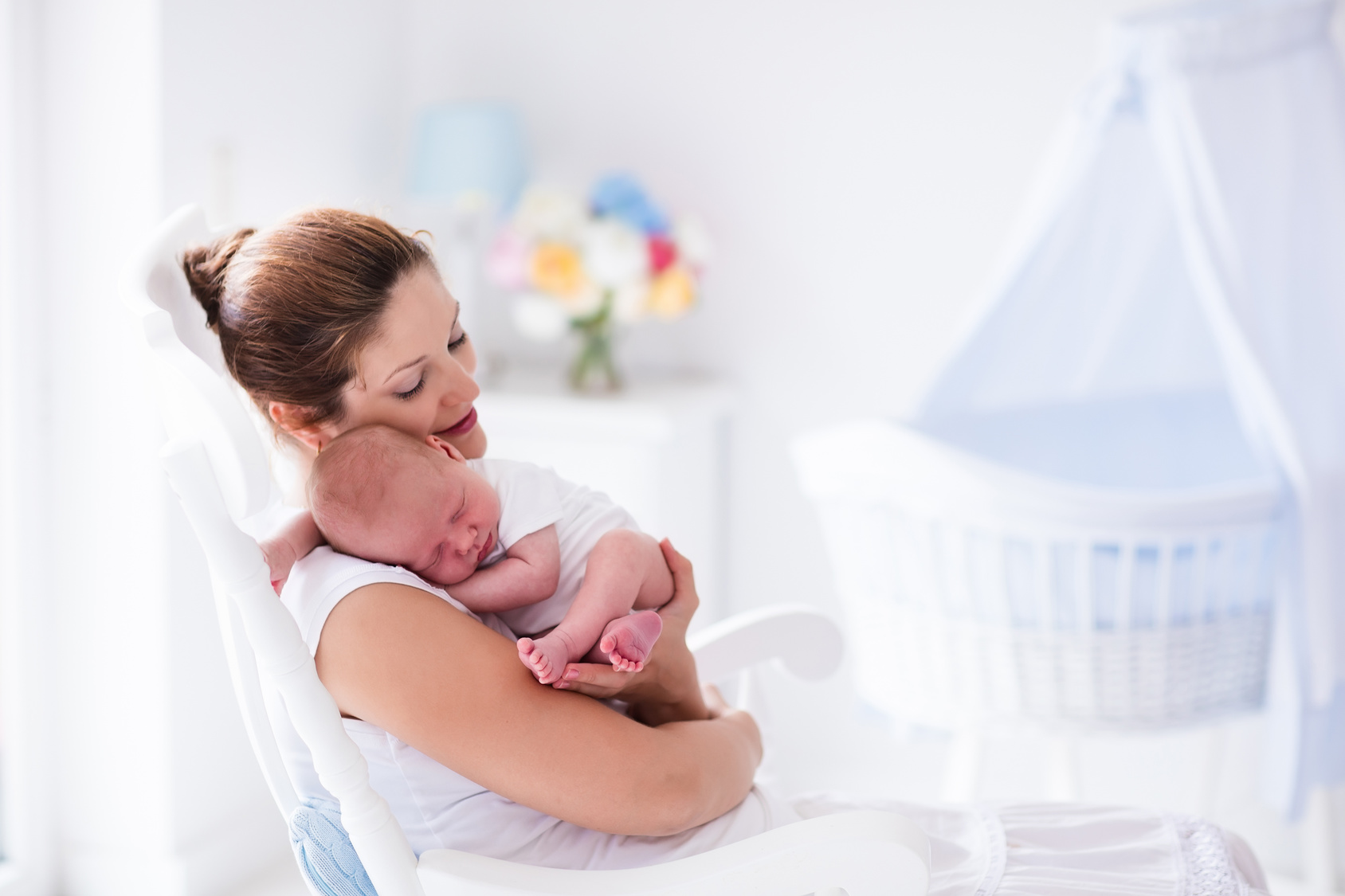Multiple studies have demonstrated that childhood maltreatment is associated with subsequent difficulties. Researchers from the University of Michigan assessed parenting behaviors in women with a history of childhood abuse and neglect (n?=?97) and a healthy control comparison group (n?=?53). Participants were assessed at 6 weeks, 4 months, and 6 months postpartum. At 6 months, a home visit was conducted and mothers and infants participated in a dyadic play interaction later coded for positive parenting behaviors by blinded raters.
The researchers observed:
- For all women, independent of risk status, bonding increased with their infants over the first 6 months postpartum.
- Women with postpartum depression and/or post-traumatic stress disorder (PTSD) showed greater bonding impairment scores at all time points.
- At the 6-month assessment, bonding impairment was associated with less positive parenting behaviors.
These findings highlight the adverse effects of maternal postpartum depression and PTSD on mother–infant bonding and parenting behaviors. Women with histories of childhood abuse are at greater risk for postpartum depression; this study demonstrate a significant need for interventions specific to the needs of this at risk population of women in order to improve bonding and increase positive parenting behaviors.
The authors also recommend using the Postpartum Bonding Questionnaire as a tool for assessing bonding and quality of parenting. Electronic and printable versions of this questionnaire can be found at Mothers Matter. This tool could help to identify women in need of greater support and guidance during the early postpartum period.
Ruta Nonacs, MD PhD
Muzik M, Bocknek EL, Broderick A, et al. Mother-infant bonding impairment across the first 6 months postpartum: the primacy of psychopathology in women with childhood abuse and neglect histories. Arch Womens Ment Health. 2012 Oct 12. [Epub ahead of print]








Great finding. I personally know someone who was abused when she was young, but she grew up to be a very successful woman, career and family-wise.